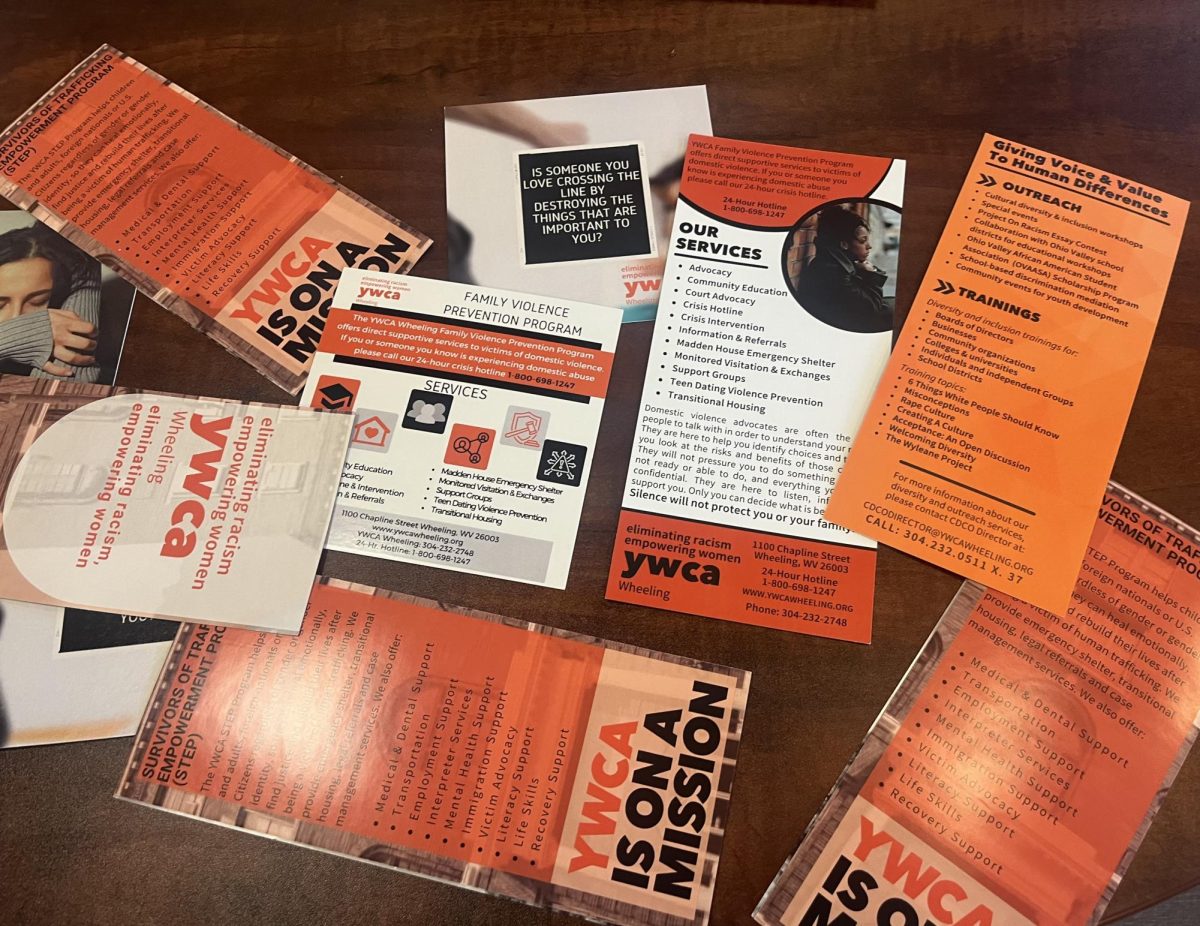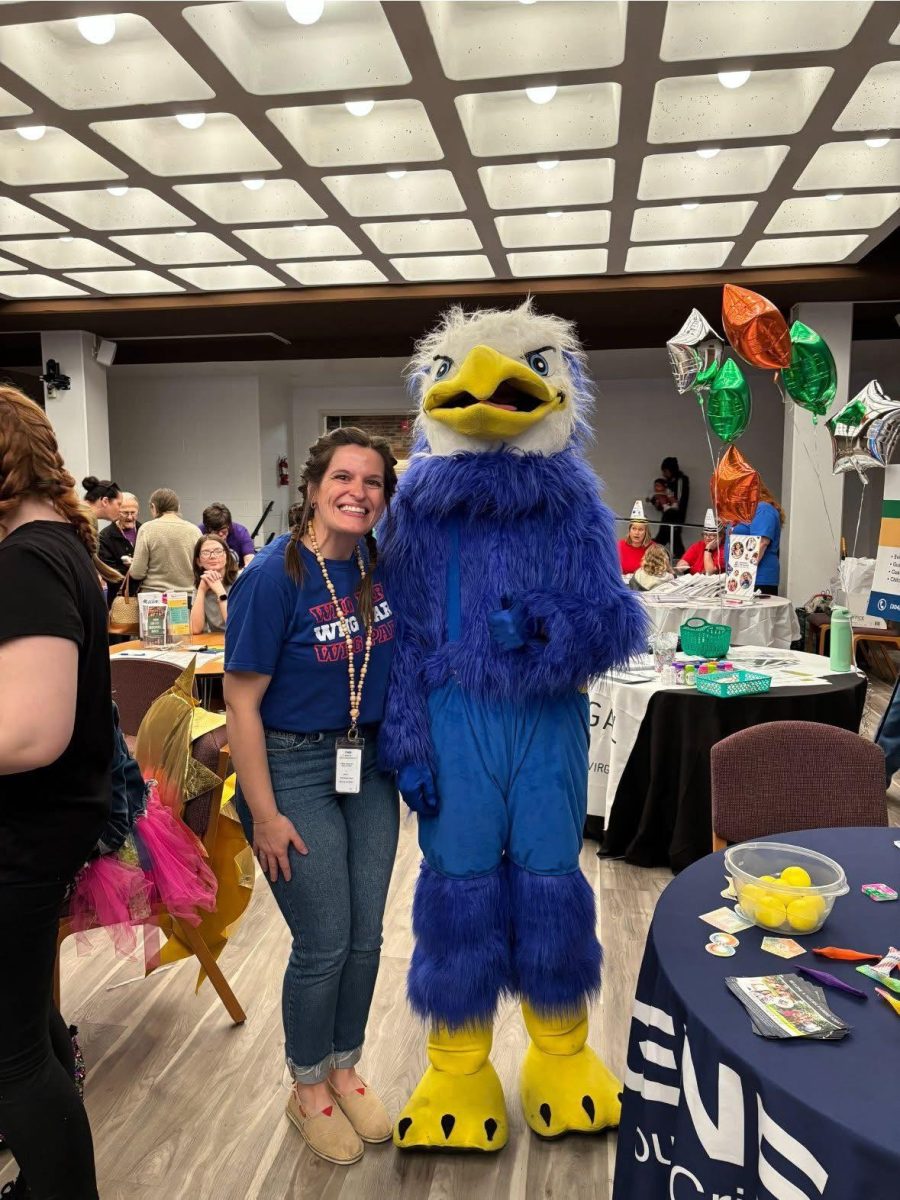When listening to music, one wouldn’t think that they would end up learning anything simply from a song. I would say the opposite. Specifically, I single out Taylor Swift because most of her music contains certain vocabulary or phrases that the everyday person may not know.
“We hereby conduct this post-mortem/ He was a hothouse flower to my outdoorsman/ Our maladies were such we could not cure them/ And so a touch that was my birthright became foreign,” lyric taken from the song “How Did It End?” by Taylor Swift.
Taylor Swift created this song very poetically. There are a few words in this verse that stand out that most people may not know. A “hothouse flower” refers to someone who is more introverted and closed off, and on the other hand, “outdoorsman” refers to someone who is outgoing and lives their life very publicly. These specific phrases could point to Swift’s relationship with a former boyfriend, but the lyrics are left to the listener to decide. The next word is “maladies,” and the definition is a disease or ailment. Listeners can use context clues for the words they may not know like for “maladies,” we see it also says “cure” so we can conclude that the word means some sort of sickness.
“I do think her words resonate with people because she creates the most perfect metaphor that reminds you of exactly how you felt in that moment. Then I think it just sticks with you for a very long time,” said Miss Mathieu, long time Swiftie.
Taylor Swift’s large fan base is reasonable, given the fact that she writes music that relates to the everyday person. Although Swift is a celebrity, most people forget that she has human feelings like everyone else. She has that ability to write music based upon her experiences which might also be the same circumstances others have gone through.
“I think she is a modern day poet and is a lyrical genius,” said Aaliyah Duffy, junior.
Unlike many artists, Taylor Swift uses uncommon literary words in everyday pop songs. Words such as “Machiavellian,” “beguiling,” and even “sanctimoniously.” This makes the people consuming her music learn new words without even realizing it.
“A red rose grew up out of ice frozen ground/ With no one around to tweet it/ While I bathe in cliffside pools/ With my calamitous love and insurmountable grief,” lyric taken from “The Lakes” by Taylor Swift.
The word that sticks out the most in this lyric, is the word “calamitous,” and it means disastrous and bringing ruin. Swift uses this word to convey a relationship that is both intense and destructive. Then combining it with “insurmountable grief,” implies an overwhelming sorrowness to show that the narrator has deep emotional pain and trauma.
“She uses a lot of symbolism throughout her lyrics that makes you have to search deeper if you actually want to know the meaning of it because lots of people aren’t exposed to that type of verbiage,” said Miss Dixon.
Since Swift uses an abundance of symbolism is her discography, that is why many fans and critics compare her lyrics to poetry. This adds layers to Swift’s music which allows her listeners to interpret her music like one could do with a poem. Depending on who is consuming the art, the interpretation can be different and allows for discussion.
“And I won’t confess that I waited, but I let the lamp burn/ As the men masqueraded, I hoped you’d return/ With your feet on the ground, tell me all that you’d learned/ ‘Cause love’s never lost when perspective is earned/ And you said you’d come and get me, but you were 25/ And the shelf life of those fantasies has expired/ Lost to the Lost Boys chapter of your life,” lyric taken from the song “Peter” by Taylor Swift.
Swift creates songs with layers that allow her fans to analyze the meaning behind said songs. The lyrics above coming from the song “Peter,” fans can speculate it is about Peter Pan, and the loss of the person that the woman loved. It can also correlate to something that has faded away; a relationship, the hope, and the love. Whether the reasoning behind this song is wrong or right, Swift usually leaves her songs to be interpreted however they may be.
“Pushed from the precipice/ Climbed right back up the cliff/ Long story short, I survived,” lyric taken from the song “long story short.”
This lyric shows how Swift blends powerful vocabulary with vivid storytelling. The word “precipice” isn’t a word you would typically hear in a song, and it literally means a steep cliff/rock. Swift transforms a personal struggle into a dramatic image to show metaphorically that she’s teetering off the edge but refuses to fall or let that struggle get the best of her.
“I think not only is she creative and uses language that is not in our everyday vocabulary, but she also teaches you to express your feelings, stand by your feelings, not to be scared, and put them out there in the world,” said Miss Mathieu, “I think she gives her fans that freedom to do that, to know that it’s okay to be yourself and it’s okay to call people out on things, and it’s okay to believe in yourself and support yourself. I think through her language, she does that well.”
Taylor Swift’s lyrics prove that music doesn’t have to be simple, it can be layered, poetic, and even educational. In her songs, she isn’t afraid to use words like “esoteric,” hinting at hidden meanings that only her most dedicated fans might uncover, or describe herself as a “precocious” dreamer who has always been wise beyond her years.
Swift leaves her fans with the courage to have self-belief and strength that you can overcome anything, reminding us with her very own words, “I could build a castle out of all the bricks they threw at me.”


























